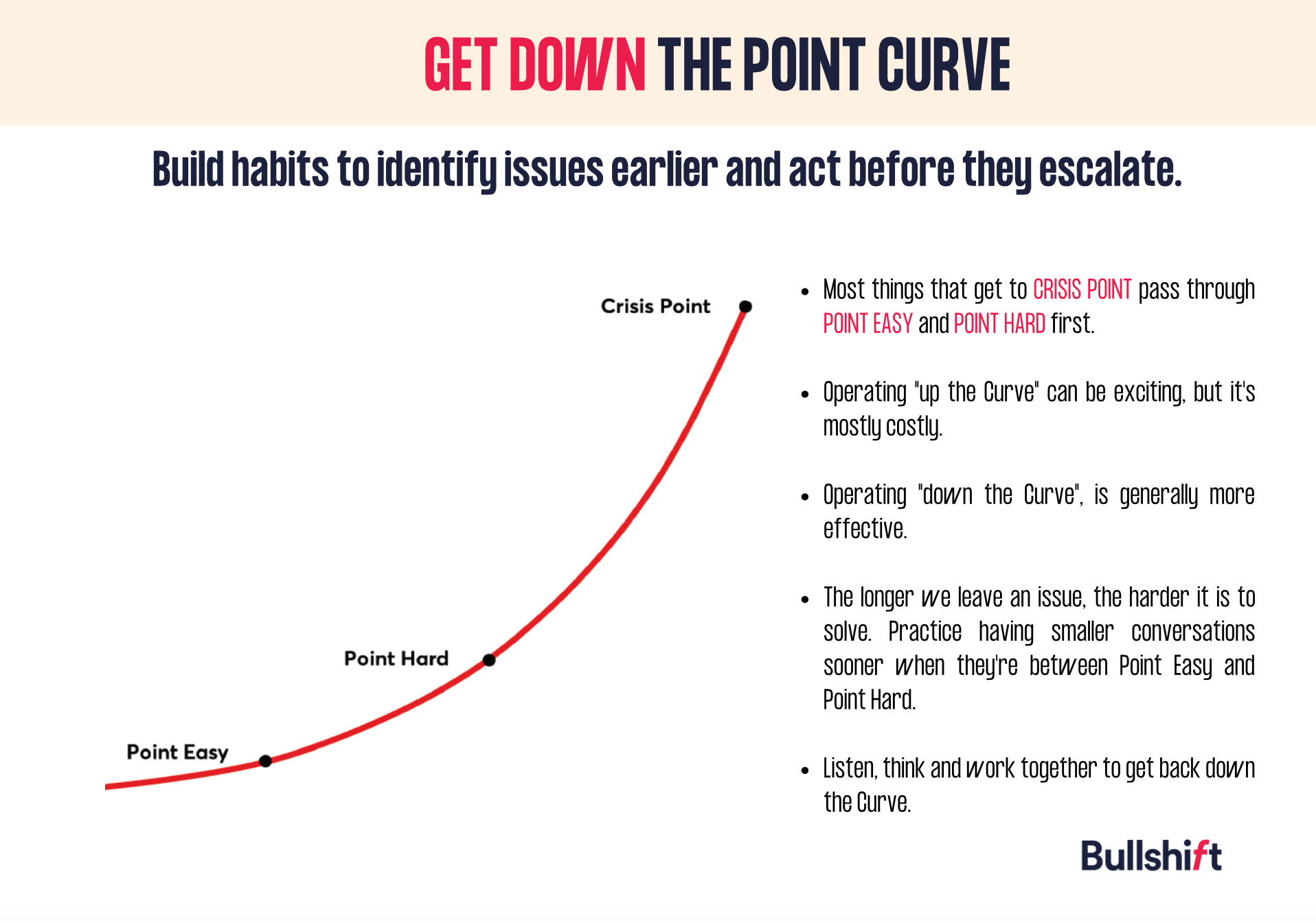Low intensity/high frequency moments that matter
So we all have those pet peeves in the office whether it’s someone stacking their dish incorrectly in the office kitchen, or leaving their three day old coffee cup on their desk to form an army of bacteria. The first time these things happen, we are usually pretty good at getting on with our day and not letting it bother us too much. However, when you walk past that coffee cup for the 10th time in a row you might be more likely to throw out a passive aggressive ‘”saving some of that for later are we?”, which usually makes us feel a little better.
These are things that will inevitably always happen at work, and we do have to just suck it up sometimes. However, what about those other low-intensity moments that are directly related to our work? For example, have you ever been missed off of a meeting invite because you are of the minority gender or in a lower position than others attending? Having to repeat yourself to your manager? Opinions and ideas being disregarded? These are all things that might not be a big deal the first time around, but after they happen a few times can start to affect your job satisfaction and motivation. We refer to these as ‘low intensity, high frequency’ moments.
The above mentioned moments are examples of poor inclusive leadership which can be measured by the openness, accessibility and availability of a leader. A 2020 study on the impact of inclusive leadership behavior found that it has a significant positive impact on job satisfaction. These moments can have significant impacts on a team and/or an organisation. A LinkedIn article from the Future of Leadership outlines six toxic work behaviors that will destroy your organisation. Some of the behaviors listed include sabotage and toxic communication (eg. failure to listen), which are some of the key areas of those earlier mentioned ‘low intensity’ moments.
Asif Sadiq MBE the Chief Diversity, Equality and Inclusion Officer at Warner Brothers Discovery stated in an interview that:
“We need leaders who are ready to show more vulnerability and to approach situations without all the answers, leaders who are willing to listen and work together to derive the answers. This requires them to act inclusively, listen inclusively and learn inclusively.”
These moments that start small and insignificant can quickly build into something much bigger. So the solution? We don’t really know. However we have a pretty good idea of where to begin. Start having those smaller conversions sooner, before they evolve into something bigger. The Bullshift ‘Get Down the Point Curve’ provides a great analogy for this.
The idea is that you build habits to identify issues earlier and act before they escalate. For example, feeling isolated or excluded because you were left off a meeting invite by the same manager a few times might not seem like such a big deal. However, being able to identify this as an issue and address it at a lower point down the curve will likely stop it from becoming a bigger issue that later has a bigger negative impact on you and your performance.
Don’t be afraid to call out those smaller moments, they do matter and hey, you might become a better leader while you’re at it.

